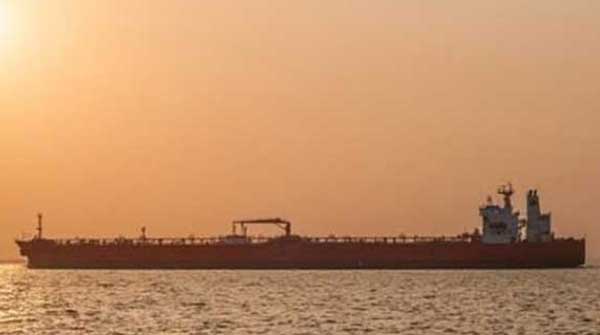 China – the world’s largest crude oil importer, second-largest oil consumer after the United States and the world’s number 1 polluter – is increasingly leveraging its position of influence on the global energy chessboard.
China – the world’s largest crude oil importer, second-largest oil consumer after the United States and the world’s number 1 polluter – is increasingly leveraging its position of influence on the global energy chessboard.
In a bid to tame rising oil prices last November, the United States spearheaded a co-ordinated release by major oil-consuming nations of oil from strategic reserves.
China agreed to be a part of the initiative. However, asserting its growing influence on the global crude oil equation, China made it clear it would determine the timing. China has announced it will release crude from its strategic inventories between Jan. 31 and Feb. 6. This would be the second release from the Chinese strategic reserves in recent months.
With the COVID-19 variant Omicron causing disruptions, China has also urged people in major cities, including its capital Beijing, not to travel during the Lunar New Year holidays.
Efforts to control the pandemic have resulted in lower crude consumption. But China has been the global oil demand driver for the last decade, accounting for 44 percent of worldwide growth in oil imports since 2015.
China’s annual crude oil imports slid 5.4 percent in 2021, dropping for the first time since 2001, as the nation clamped down on excess domestic fuel production and refiners drew down massive inventories.
However, Chinese imports from the U.S.-sanctioned Iran and Venezuela are also rising. Processors in China bought 324 million barrels from Iran and Venezuela in 2021, about 53 percent more than the year before, Bloomberg reported, quoting data from market intelligence firm Kpler. That’s the most since 2018 when China took 352 million barrels from the two nations.
Buying sanctioned crude oil isn’t too arduous. Iranian and Venezuelan crude is often rebranded and passed off as from Oman and Malaysia. According to official data, China hasn’t received any Iranian crude since December 2020, while imports from Oman and Malaysia have risen.
The price of Iranian and Venezuelan crude is the real incentive. Market experts say Iran’s crude prices are as much as 10 percent lower than the prevailing crude market price.
But China fully understands the current pandemic-related disruptions are a passing phase. Ultimately, things will return to normal, and so will its crude oil appetite.
 China National Offshore Oil Corp. (CNOOC) plans to boost its 2022 oil and gas production by 10 percent from last year’s goal. Thirteen new projects are expected to come on stream, and it plans to drill 360 exploration wells this year while continuing to raise output to record levels, Oilprice.com reported.
China National Offshore Oil Corp. (CNOOC) plans to boost its 2022 oil and gas production by 10 percent from last year’s goal. Thirteen new projects are expected to come on stream, and it plans to drill 360 exploration wells this year while continuing to raise output to record levels, Oilprice.com reported.
CNOOC has set its production target at 600 million to 610 million barrels of oil equivalent (boe) for 2022, up from the 2021 target of 545 million to 555 million boe.
And to ensure continuous crude supplies, China is beginning to flex its geopolitical muscle. The exit of ExxonMobil from the Iraqi field of West Qurna 1 has allowed China and Russia to increase their influence on the Iraqi oil sector, says Simon Watkins at Oilprice.com. PetroChina – an arm of the China National Petroleum Corp. – already has a 32.7 percent stake in the field and the exit of ExxonMobil provides China with an additional opportunity to emerge as the dominant force on the site. Iraq will need to depend even more on China to increase its output to reach its targets.
China is also increasing its focus on Oman. China accounts for around 90 percent of Oman’s oil exports and most of its petrochemical exports. Now it wants to play a still bigger role in building the oil and petrochemical sector of the country.
China is also building its relationship with Saudi Arabia. And Venezuela and Russia are already regarded as close allies to China on the global crude oil chessboard.
To ensure a secure crude oil supply in the future, China is making strong strategic moves.
Toronto-based Rashid Husain Syed is a respected energy and political analyst. The Middle East is his area of focus. As well as writing for major local and global newspapers, Rashid is also a regular speaker at major international conferences. He provided his perspective on global energy issues to both the Department of Energy in Washington and the International Energy Agency in Paris. For interview requests, click here.
The opinions expressed by our columnists and contributors are theirs alone and do not inherently or expressly reflect the views of our publication.
© Troy Media
Troy Media is an editorial content provider to media outlets and its own hosted community news outlets across Canada.


